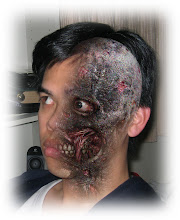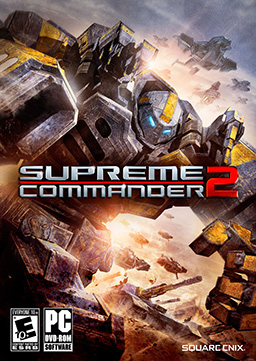
The Great Raid.
The last lines from the movie is, "One of the most successful mission in the history of USA." (or something close to that.)
Another sad movie showing how horrible the Japanese military are, execution of POWs and starving them of aid. It's not a wonder why conventions, like the Geneva Convention of 1949 which states that POWs should be treated humanely, are implemented.
Then comes the news of Saddam Hussein being treated badly. The point is: Do the oppressors really care about that convention? Who are the real oppressors? Who would be trail for breaching that convention?
The history of the convention can be brought back to the time of Henri Dunant, the founder of Red Cross. A battle took place in Solferino, Italy in 1859 and there was many casualties. There was so many of them that they had to come to a 'neutral day' where both sides can go collect their fallen comrades in the middle. Dunant witnessed this war, and wrote a book, "A Memory of Solferino," and also proposed a neutral organization devoted to the care of the sick and wounded of armies at war. From then on, there were many treaties and conventions that protected the casualties of war, both civilians and military, both sides of the war.
Back to the 21st century, playing Battlefield 2 with Raj and CK and Peter, I noticed that the medics are not safe from war. Logically speaking, they are protected. But in real life, they are on one side of the war and only helping that side. So in that game, the first people that are targets are the medics. They 'resurrect' the fallen and hence makes thing more difficult for the opponent. The medics are making the team last longer, so to win, get rid of medics as well. In the treaty and convention, they are supposed to be protected. Even if you are noble to comply to that treaty, will the enemy do so?
After the battle, all medics will be called to service. Theoretically for both sides. As a doctor, and if in time of war, what then will your duty be? The original Hippocratic Oath doesn't mention about treating enemies, but it's about treating who you call patients. (The modern adaptation includes the words about 'treating without exceptions' and I'm guessing it means the enemy as well)
Even with that tag line, "regardless of race, language, religion, nationality," will all of us adhere to it? And does the community know that? I plan to and hope it is so...




|